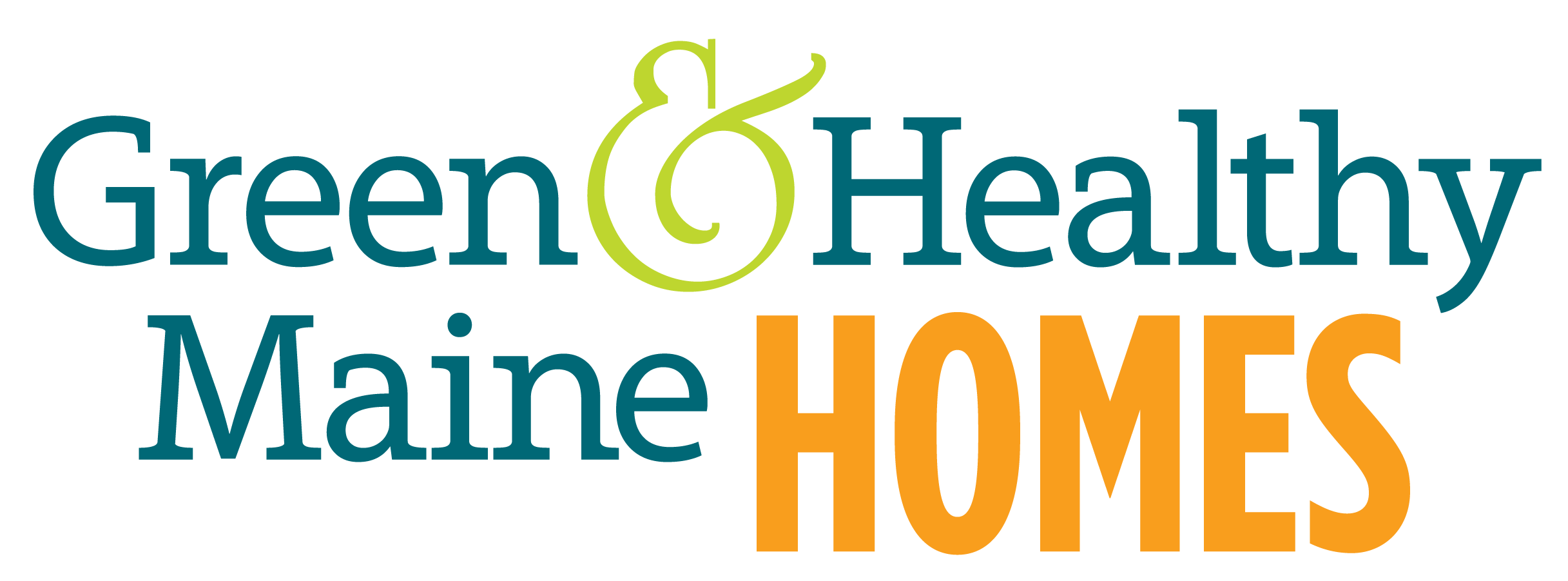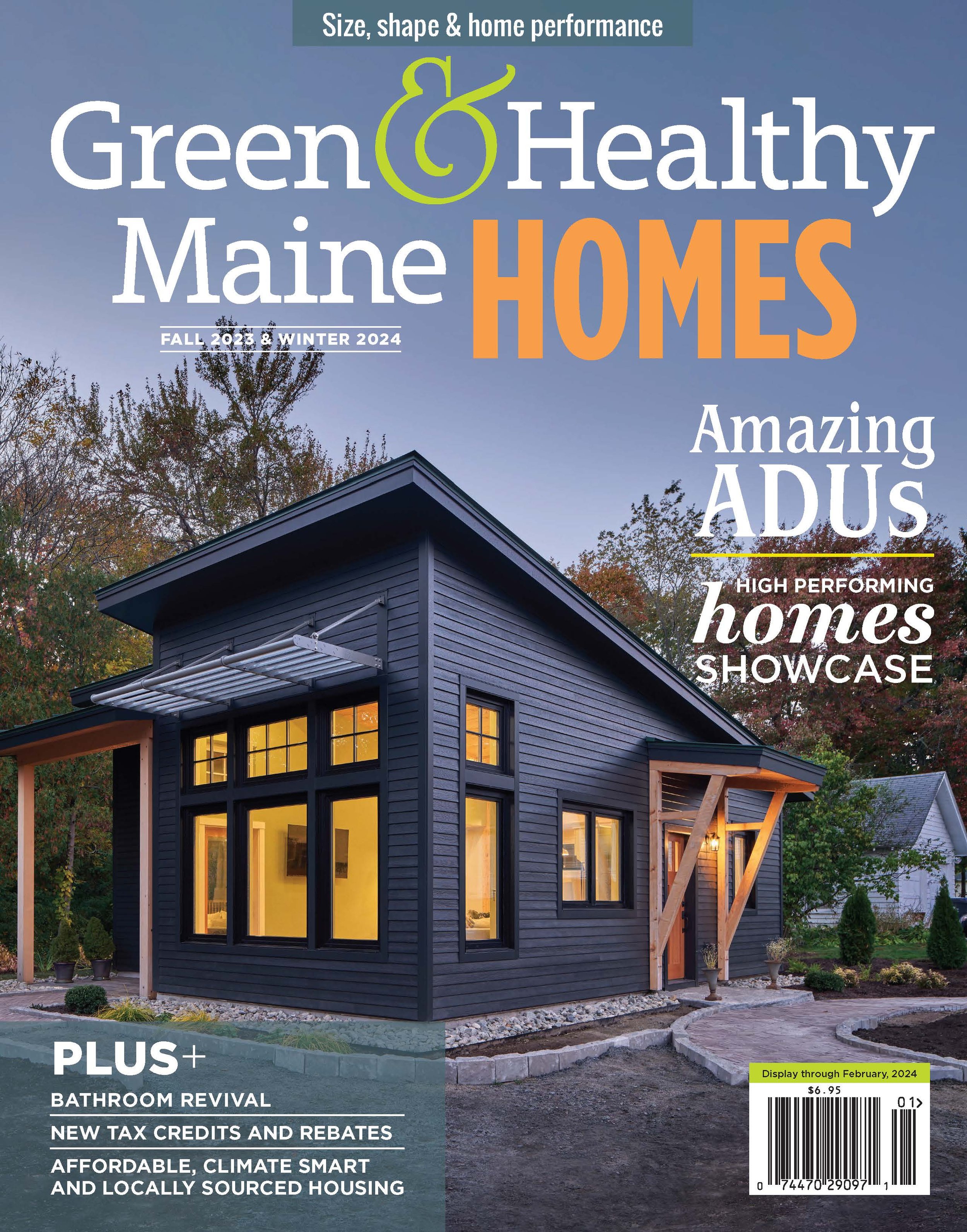Green realtors are making a difference
The Green Real Estate Dispatch
By Julia Bassett Schwerin, Maine Green Broker
IN 2011, the National Association of Realtors (NAR) established the Green Broker designation, an accreditation to teach realtors about energy efficiency, indoor air quality and the energy transition in buildings. Many realtors, including myself, took the two-day course and exam and have renewed our memberships every year since. We do this to better serve clients buying and selling buildings with green features and to help them understand their functionality and value. The training includes education about weatherization (air-sealing, insulation and air-exchangers), electrification (heat pumps, heat pump water heaters and induction stoves), and renewable energy (rooftop and community solar photovoltaics). We’ve used this knowledge to help our Multiple Listing Service (the “MLS”) add relevant fields for listings to call out green features so buyers can find homes that have them.
In late 2019, NAR went further, saying it was part of a Realtor’s fiduciary duties to be competent in sustainability, and started a Sustainability Advisory Group (SAG) at the national level. The President of the Greater Portland chapter approached the board and was given the green light (pun intended) to start a SAG committee in Cumberland County—the only one in New England. Our Greater Portland Board of Realtors (GPBR) SAG held eight hours of continuing education classes our first year in 2020, including a session about the flood zone and my long-running class on buying and selling green features in residential real estate.
The GPBR has produced 18 hours of classes in the past two years featuring local experts. Each speaker and topic must be approved by the Maine Real Estate Commission, which licenses real estate brokers, for the Realtors to receive their continuing education credits (21 are required every two years to renew a real estate license with the Commission). The GPBR has taught classes on building science, new building energy codes, financing efficiency upgrades with rebates, small loans and tax credits, community resilience programs, panelization and emerging locally sourced materials such as mass timber and wood fiber insulation.
For some topics, such as regenerative agriculture, forest or landscape management, and grid-tied renewables, we have also offered non-credit lunch-and-learns and monthly speakers at our meetings. Our local experts, especially Efficiency Maine, have been generous with their time.
Overwhelmingly, our agents love the material and format, which also includes Realtor Green Day, a daylong event at Southern Maine Community College worth six Continuing Education Units (CEUs). We have educated hundreds of realtors who can now educate their clients about building energy upgrades that increase the value of buildings, reduce our carbon footprint and save money by electrification, as well as the value solar panels and batteries bring to a building. These agents can also quantify the benefits of lower operating costs. Our GPBR agents are ambassadors of energy rebates, tax credits and small loans that pay for energy upgrades, which in turn save consumers money and earn a higher resale value when the agent knows how to explain it. These are Realtors making a difference!
Julia Bassett Schwerin
Green Real Estate Dispatch is a regular column in which we answer your green real estate questions. We talk trends in the market for new construction and existing buildings, energy efficiency, financing efficiency upgrades, renewable energy and resale. Have a burning question you want me to answer?
This article appeared in the Fall 2023 edition of Green & Healthy Maine HOMES. Subscribe today!
Find Maine experts that specialize in healthy, efficient homes in the Green Homes Business Directory.


